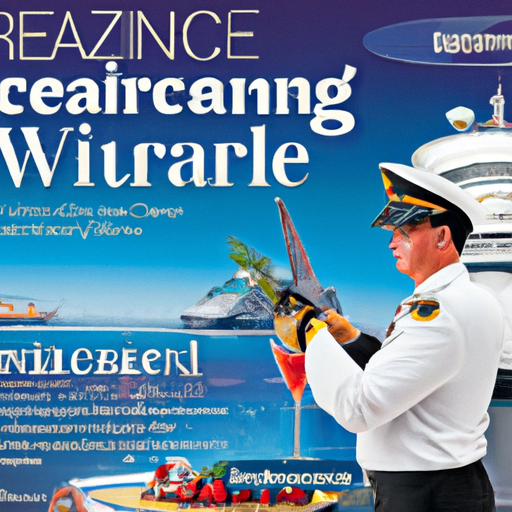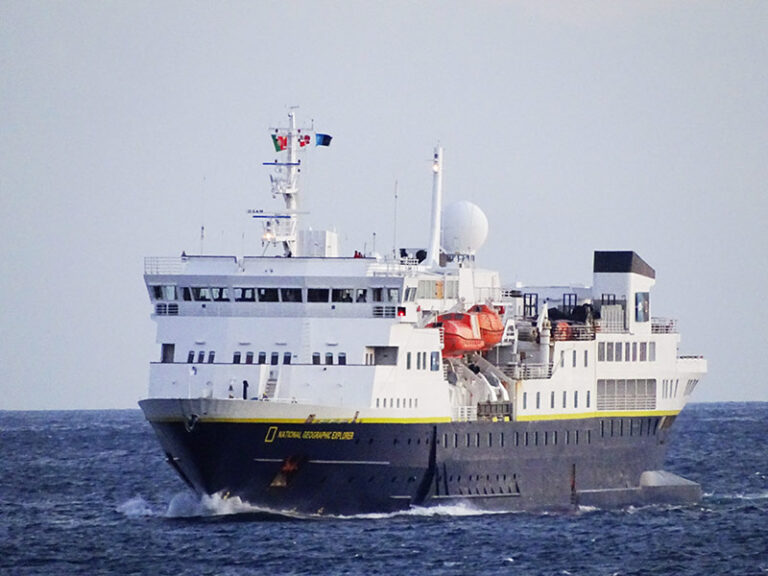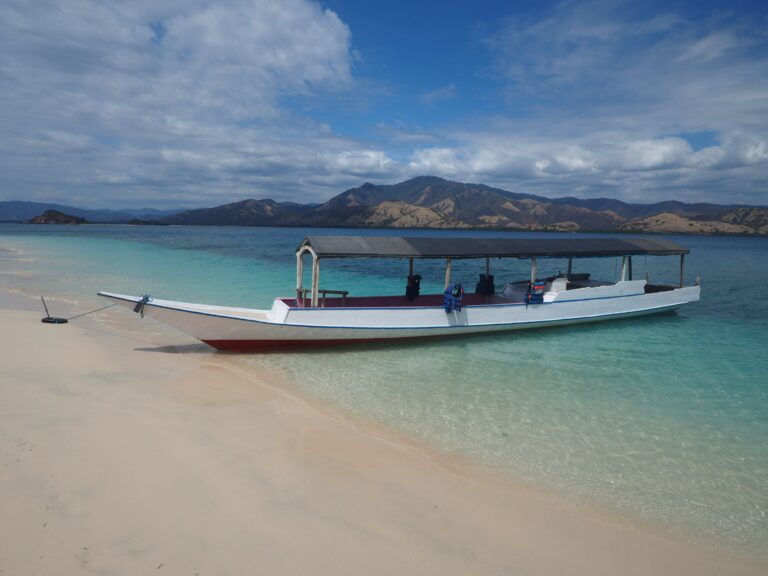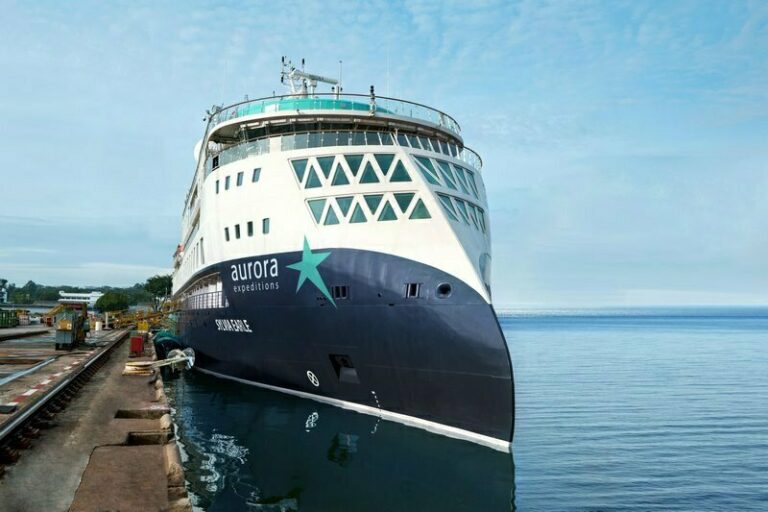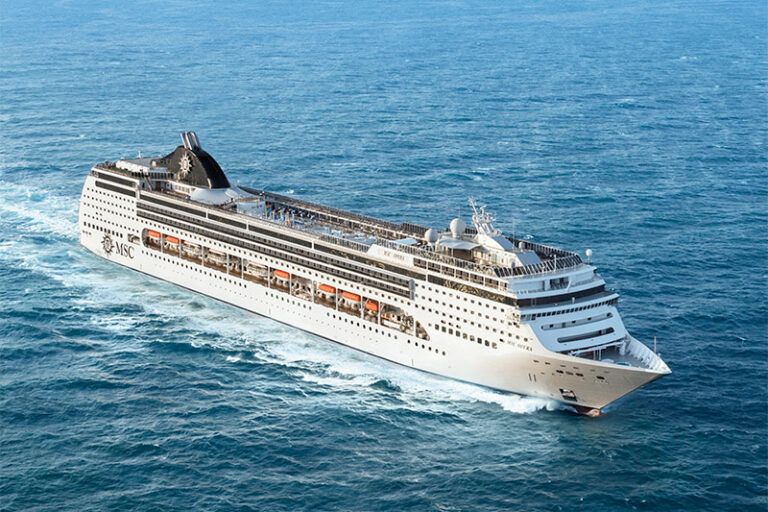The Secret World Of Cruise Ship Crew Members
Imagine a world where luxury meets hard work, where the sea becomes your office and the sunsets are your backdrop. Enter “The Secret World of Cruise Ship Crew Members,” a mesmerizing glimpse into the hidden lives of those who make our dream vacations a reality. Get ready to embark on a thrilling adventure as you uncover the unknown stories behind the glamorous life at sea, where the crew members are the unsung heroes behind every unforgettable voyage. Brace yourself for jaw-dropping secrets, shocking revelations, and a newfound appreciation for the incredible individuals who bring the magic of cruising to life.
Living and Working Conditions
Working on a cruise ship may seem glamorous from afar, but the reality is that crew members often face challenging living and working conditions. Long working hours are a common aspect of ship life, with crew members often working seven days a week for months at a time. This demanding schedule can be physically and mentally exhausting.
In addition to the long hours, many crew members also have to contend with cramped living quarters. The cabins provided for crew members are often small and lack the space and privacy that one would be accustomed to on land. These tight living conditions can be particularly challenging for crew members who are used to having their own personal space.
Shared facilities are another aspect of cruise ship life that can present challenges. Crew members typically have access to shared bathrooms, laundry facilities, and other communal areas. While efforts are made to ensure cleanliness and hygiene, sharing these spaces with a large number of people can still be a source of inconvenience and discomfort.
Job Roles and Hierarchy
Cruise ships are like floating cities, with a wide range of job roles and a clear hierarchy. At the top of the hierarchy is the Captain and the officers who are responsible for the safe operation of the ship. Below them are various departments, each with their own staff.
The entertainment staff is responsible for organizing and running activities, performances, and events for passengers. They play a vital role in keeping passengers entertained throughout the duration of the cruise.
Cabin stewards are responsible for maintaining the cleanliness and tidiness of the cabins. They ensure that passengers’ needs are taken care of and provide a personal touch to the guests’ experience.
Waitstaff work in the ship’s restaurants and bars, providing excellent service to passengers. They are responsible for taking orders, serving meals, and ensuring that guests have an enjoyable dining experience.
Housekeeping staff are responsible for keeping the ship clean and orderly. They clean public areas, restock supplies, and ensure that the ship maintains a high level of cleanliness throughout.
Engineers and technicians play a crucial role in keeping the ship running smoothly. They are responsible for maintaining and repairing the ship’s machinery, electrical systems, and equipment.
Medical staff are on board to provide medical care to both crew members and passengers. They play a vital role in ensuring the health and well-being of everyone on board.

Contract and Employment
Cruise ship contracts typically last for several months, with most contracts ranging from four to eight months in duration. The length of the contract can vary depending on the position and the cruise line. Working on a cruise ship is often a contract-based employment, where crew members sign on for a specific duration and then have the option to renew or terminate their contract.
Renewal and termination of contracts are typically subject to performance reviews and the availability of positions. If a crew member performs well and there is a need for their position, they may be offered a contract renewal. However, if there are performance issues or limited availability, contracts may not be renewed.
Wages and gratuities are an important aspect of employment on a cruise ship. In addition to their base salary, many crew members rely on tips or gratuities from passengers as a significant source of income. The amount of gratuities can vary depending on the cruise line and can be a significant part of a crew member’s earnings.
Social Life Onboard
Cruise ship life offers a unique opportunity for crew members to form international friendships. With crew members hailing from different countries and cultures, there is a rich diversity onboard. Crew members often bond over shared experiences and find comfort in forming connections with others who understand the challenges and rewards of ship life.
Activities and events are organized specifically for the crew, allowing them to socialize and unwind during their limited free time. These activities can range from parties and movie nights to sports tournaments and talent shows. Engaging in these activities helps create a sense of community and camaraderie among the crew.
However, language barriers can sometimes pose a challenge to social interaction onboard. With crew members from different countries, communication can sometimes be challenging, particularly if English is not their first language. Despite this, most cruise lines have English as the primary language of communication, ensuring a basic level of understanding between crew members.
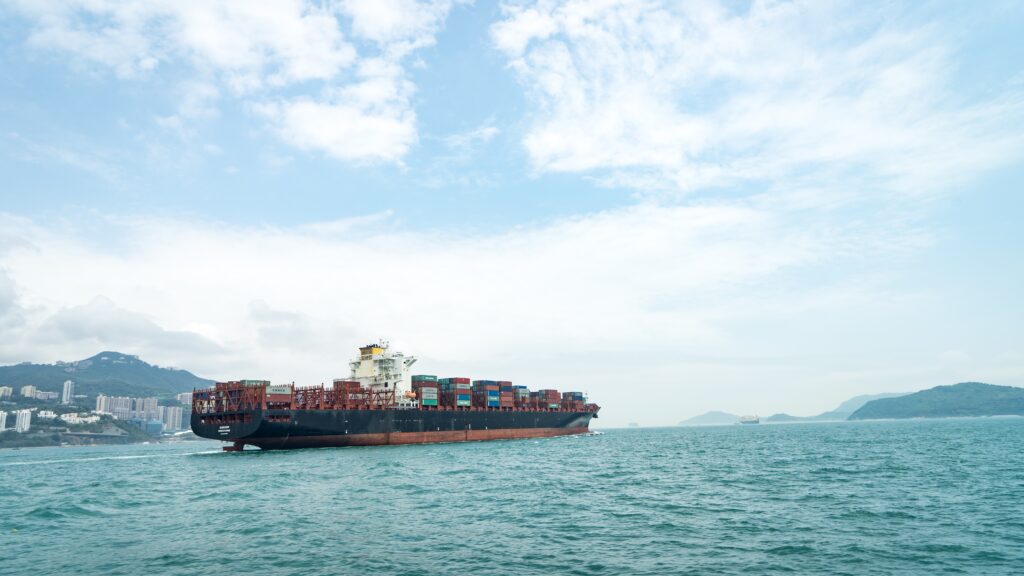
Isolation and Homesickness
One of the biggest challenges faced by crew members is the limited contact with loved ones back home. The nature of cruise ship work often means being away from family and friends for extended periods, which can lead to feelings of homesickness and isolation. It can be difficult to miss out on important events and milestones in the lives of loved ones.
Loneliness and depression can also be common among crew members due to the isolated nature of ship life. Being away from familiar surroundings and support systems can take a toll on mental well-being. However, cruise lines are increasingly recognizing the importance of addressing mental health and providing support systems to help crew members cope with these challenges.
Coping mechanisms vary from person to person, but many crew members find solace in staying connected with loved ones through phone calls, video chats, or letters. Engaging in hobbies and activities during free time can also help combat feelings of isolation and loneliness.
Crew Safety and Training
Cruise ships prioritize crew safety and provide extensive training to ensure that they are well-prepared for any emergencies that may arise. Emergency procedures are ingrained into the training of all crew members, providing them with the knowledge and skills necessary to respond effectively in critical situations.
Safety drills are conducted regularly to familiarize crew members with emergency equipment, evacuation procedures, and communication protocols. These drills are essential in ensuring that all crew members are well-prepared and can work together as a team in the event of an emergency.
Training programs are also provided to crew members to enhance their skills and knowledge. Whether it’s enhancing customer service skills, improving technical expertise, or expanding medical knowledge, cruise lines invest in the professional development of their crew members.
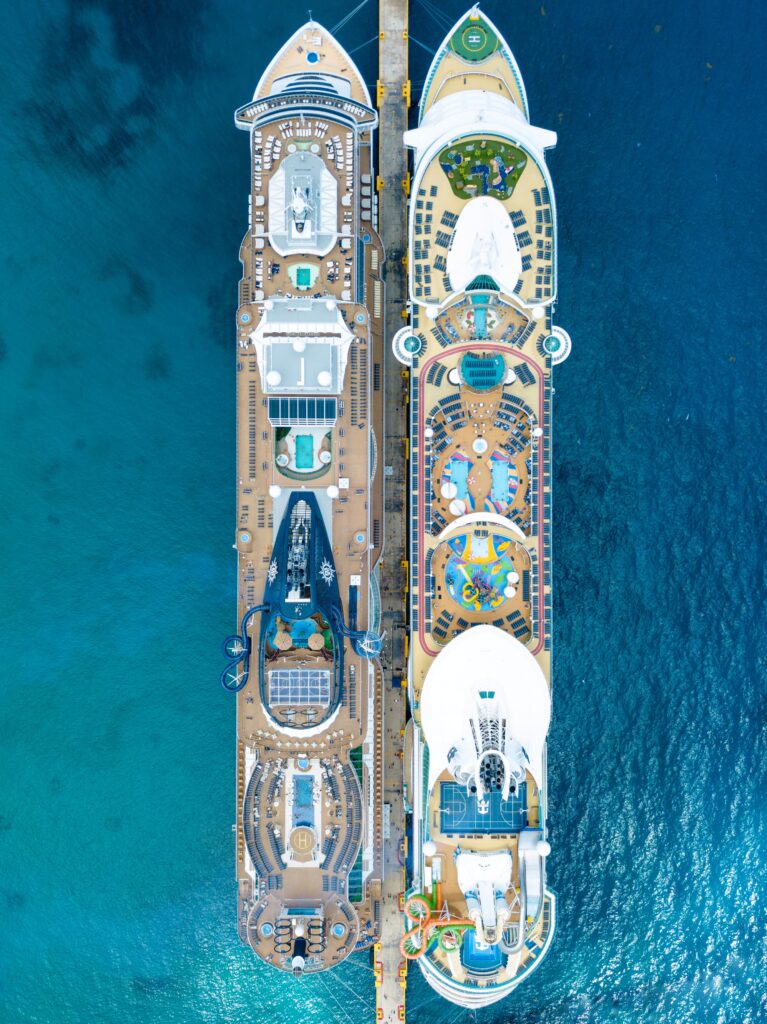
Shipboard Rules and Regulations
To maintain a professional and uniform image, cruise ships have specific rules and regulations that crew members must adhere to. Uniform and grooming standards are set to ensure a consistent and polished appearance. Crew members are expected to maintain a high standard of personal hygiene and dress appropriately for their role.
Alcohol and drug policies are strictly enforced to ensure the safety and well-being of both crew members and passengers. Crew members are subjected to random drug and alcohol testing, and violation of these policies can lead to serious consequences, including termination of employment.
Crew conduct and discipline are also regulated to maintain order and a respectful environment onboard. Insubordination, harassment, or other breaches of conduct can result in disciplinary action, including possible dismissal. Cruise lines have a zero-tolerance policy for behavior that threatens the safety or well-being of crew members or passengers.
Cruise Ship Culture
Cruise ship life has its own unique culture, shaped by the hierarchy and power dynamics onboard. The hierarchy ensures that the ship operates efficiently and effectively, with clearly defined roles and responsibilities. However, this hierarchy can also create power dynamics, where individuals in higher positions may have more authority and privileges.
The lifestyle and perks of working on a cruise ship can be appealing to many. From the opportunity to travel to different destinations and experience new cultures to having accommodation and meals provided, there are certain benefits to ship life. Additionally, some cruise lines offer crew members access to passenger areas during their time off, allowing them to enjoy the amenities and entertainment available onboard.
Rituals and traditions are also a part of cruise ship culture. Crew members often celebrate birthdays, holidays, and other significant events together, creating a sense of community and shared experiences.

Challenges and Rewards
Working on a cruise ship presents a unique set of challenges, but it also offers numerous rewards. One of the biggest rewards is the opportunity for travel. Crew members have the chance to visit multiple countries and experience different cultures, all while being paid for their work. This exposure to different parts of the world can be incredibly enriching and provide a wealth of experiences and memories.
Career advancement is another benefit of working on a cruise ship. With hard work, dedication, and an excellent track record, crew members can move up the ranks and take on more senior positions. Cruise lines often provide opportunities for professional development and offer training programs to help crew members enhance their skills.
The experiences and memories gained from working on a cruise ship are priceless. From exploring exotic destinations to forging lifelong friendships with people from around the world, ship life offers a truly unique and memorable experience.
Transitioning Back to Land
Transitioning back to land after spending an extended period on a cruise ship can be challenging. Reverse culture shock is a common phenomenon, where crew members may feel disoriented or struggle to readjust to life on land. The routines, pace, and societal norms of land-based life may feel unfamiliar and overwhelming.
Reintegration difficulties can also arise, as crew members readjust to being surrounded by family and friends and navigate relationships that may have changed during their time away. It can take time to reconnect with loved ones and reestablish a sense of normalcy in daily life.
Future employment prospects for crew members who plan to leave the cruise ship industry can vary. The skills and experiences gained from working on a cruise ship can be valuable and transferable to other industries. However, it is important for crew members to carefully plan for the next steps in their careers and identify ways to leverage their shipboard experience.
In conclusion, working on a cruise ship offers a unique and challenging experience for crew members. From the demanding living and working conditions to the strict rules and regulations, ship life requires resilience, adaptability, and a strong work ethic. However, for those who embrace the challenges, the rewards can be immeasurable – from the opportunity to travel the world to the friendships and memories formed along the way.
